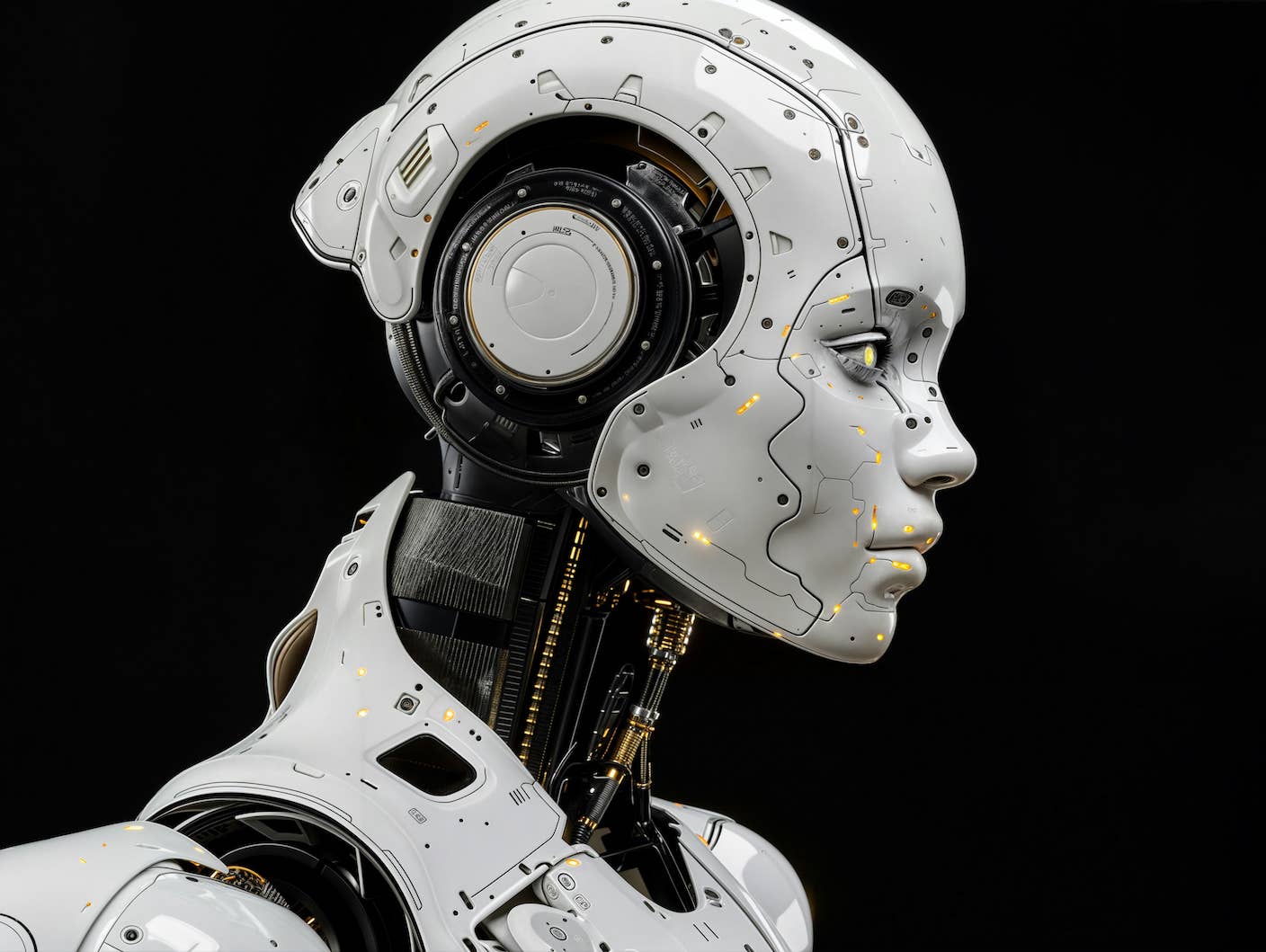Say Hello to AI Steve, the AI Chatbot Running for Parliament in the UK

Share
It's a year of elections, and the internet is already rife with AI-generated political content. An AI robocaller mimicking Joe Biden made the rounds in the New Hampshire primaries; voters in India have been inundated with AI deepfakes. Synthetic content isn't new, but the ease with which it can be created is a fairly recent trend whose outcome is uncertain.
In the UK, AI is making a different kind of appearance. An AI chatbot there is running for parliament. The candidate, AI Steve, which is the brainchild of Brighton entrepreneur Steve Endacott, is listed on the ballot under the new independent SmarterUK party.
Created by Neural Voice, a company specializing in conversational AI where Endacott is chairman, AI Steve is comprised of a chatbot and an AI-generated avatar of Endacott.
The plan is for AI Steve to conduct thousands of conversations with voters in Sussex's Brighton and Hove, where it's on the ballot, in order to surface new policies they care about. Then the real Steve Endacott will represent those policies in parliament, voting on behalf of AI Steve and Brighton and Hove's constituents.
“I will do the physical voting but I will be directed entirely by my constituents via AI Steve," Endacott told The Independent. "I’m just a bit of a numpty being told what to do. That is the whole idea of democracy. You have to put away your own personal politics, your own ego and actually do what your constituents want, which is quite radical in politics."
Voters can talk policy with AI Steve by way of a chatbot interface on the candidate's website. In a brief exchange for this article, the algorithm, which insisted on referring to itself in the third person, answered my questions about the project's goals.
Due to latency and an unpredictable length of the chatbot's answers, the conversation was a bit stilted at first.
Asked what advantage an AI politician might have over someone, ahem, more traditional, AI Steve pointed to its ability to increase efficiency and transparency in politics by having conversations with voters 24/7, then analyzing and summarizing these conversations so the party can form policies voters actually care about.
"AI can enhance communication between politicians and the public, leading to a more informed and engaged democracy," the chatbot said. Now, wouldn't that be nice?
For those following AI closely in recent years, however, some of this might sound worrisome. The algorithms behind the recent explosion of chatbots are opaque and well known to generate biased and inaccurate responses. Not an ideal pairing if the goal is to create a more representative and transparent form of government.
This is why, perhaps, the AI Steve campaign is a decidedly human-AI collaboration, something Endacott emphasized in an email to Singularity Hub, in which he described AI Steve as a kind of "copilot" for the real Steve Endacott and his party think tank.
Endacott created the AI candidate's initial platform, for example, and the campaign wants to recruit 5,000 people to be "creators"—these are the folks who will have discussions with the chatbot—to surface potential policies. Some results might be nonsensical or otherwise problematic, so the campaign is also looking to recruit 5,000 human "validators." These people, everyday Brighton commuters, will review and rate AI Steve's policies on a scale of 1 to 10. To avoid "daft" policies (as the website puts it), only those with scores greater than 50 percent will advance.
In a year when AI is colliding with politics, it's a fascinating twist. (And as Wired reported this week, it's not even the only one.) For his part, Endacott views AI Steve as a prototype tool for SmarterUK and AI-human collaboration in politics.
Be Part of the Future
Sign up to receive top stories about groundbreaking technologies and visionary thinkers from SingularityHub.


"The party will look to recruit candidates who want to use the technology platform and stand in local or national elections across the country," Endacott said. "So, it is very much the first step in a major project."
Setting aside the eye-catching fact an AI candidate is on the ballot—the technology is, of course, incapable of functioning as a member of parliament—the proposed human-AI system is itself an interesting idea.
Increasingly, chatbots are being employed in customer service, fielding questions and gathering responses. It's not a stretch to see how something similar might be pasted onto politics by substituting customers with voters.
AI Steve's strength is its ability to communicate with people in everyday language at scale. The chatbot can have as many as 10,000 conversations at once, according to Endacott. "Over the last three days, we have had 2,500 calls to AI Steve, a number I, as a human, could never answer, with all calls transcribed and determined to help us extract policy ideas," he said.
Other politicians, whether they list an AI on the ballot or not, might adopt a similar approach to better understand what constituents, who number in the thousands or millions, want from them—a kind of direct line to elected leaders. With human judgment as a failsafe for quality control, it could be a useful new tool in governance.
Voters are disillusioned, Endacott said. By giving people a voice, he hopes AI Steve gets them more involved and reinvigorates a broader sense that democracy can work.
"We think by bringing more 'humans' into the mix, we are improving the human element because the politician is directly connected with votes at all times and not just on a four-year election cycle, after which they disappear to parliament and do what they like," he said.
Image Credit: AI Steve
Jason is editorial director at SingularityHub. He researched and wrote about finance and economics before moving on to science and technology. He's curious about pretty much everything, but especially loves learning about and sharing big ideas and advances in artificial intelligence, computing, robotics, biotech, neuroscience, and space.
Related Articles

What the Rise of AI Scientists May Mean for Human Research

Scientists Want to Give ChatGPT an Inner Monologue to Improve Its ‘Thinking’

Humanity’s Last Exam Stumps Top AI Models—and That’s a Good Thing
What we’re reading
